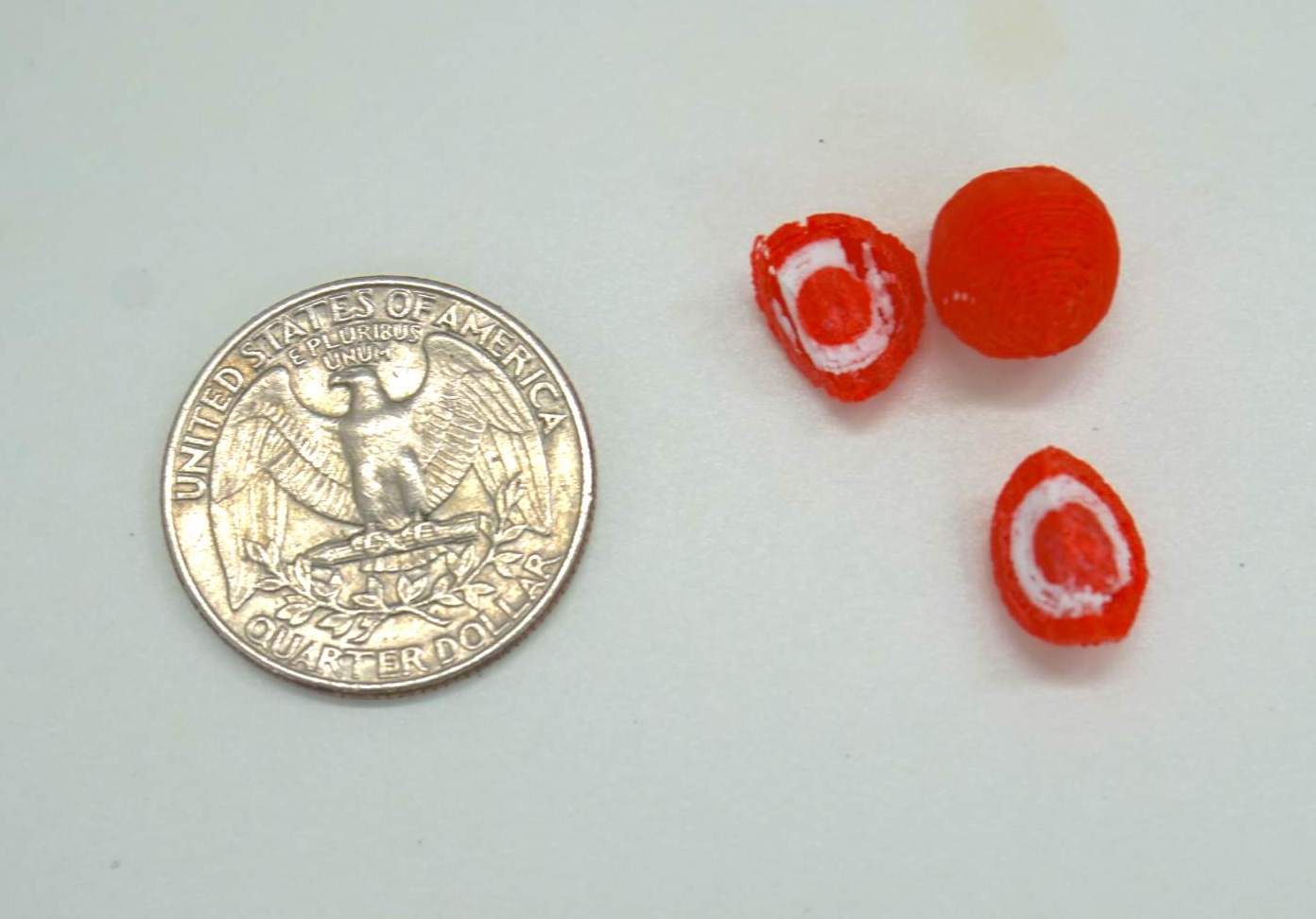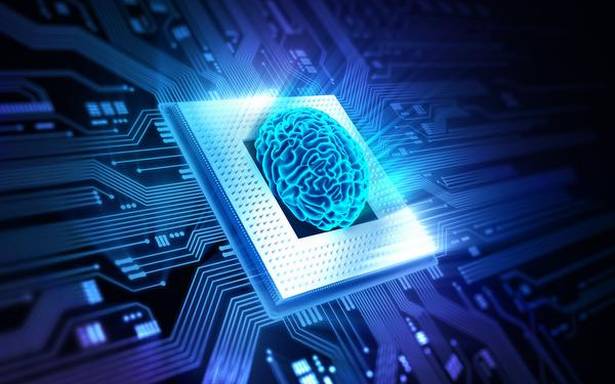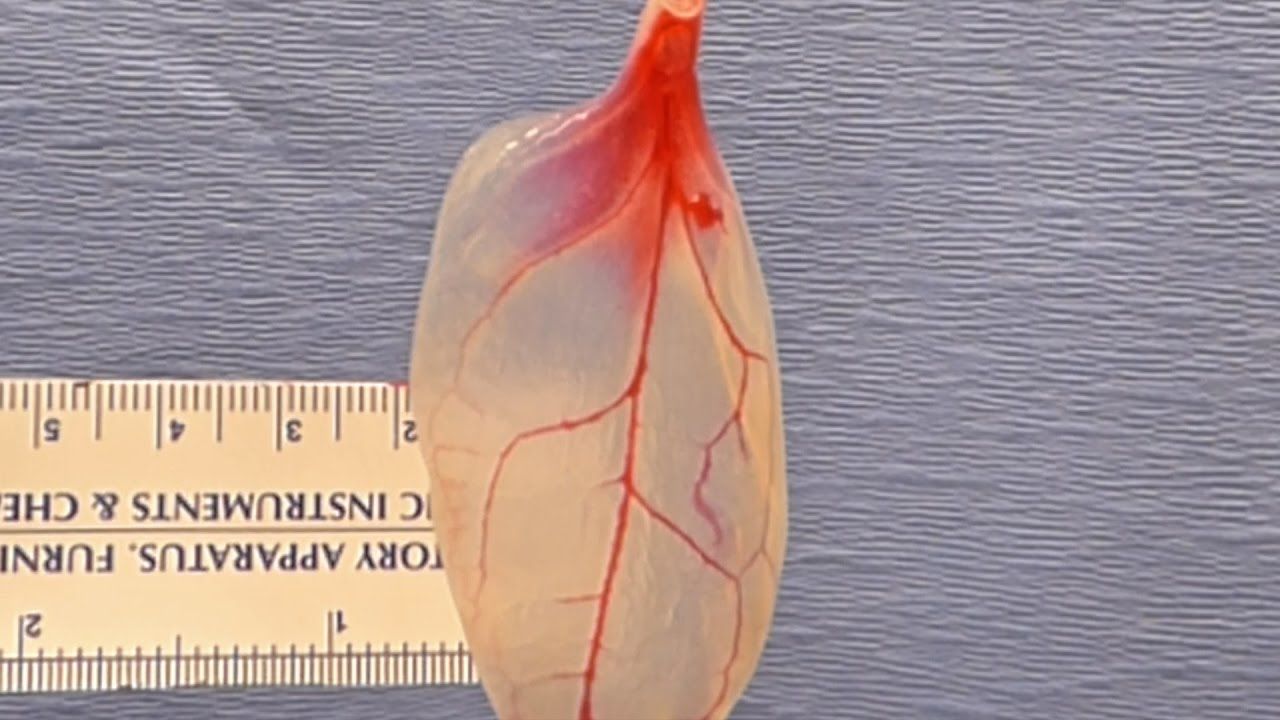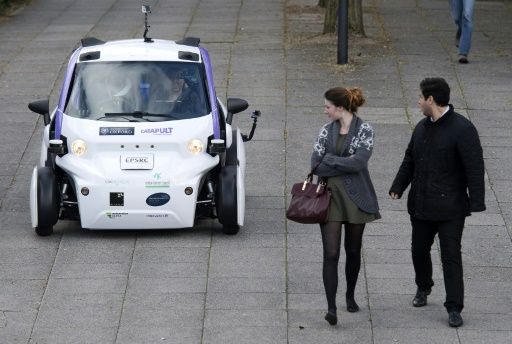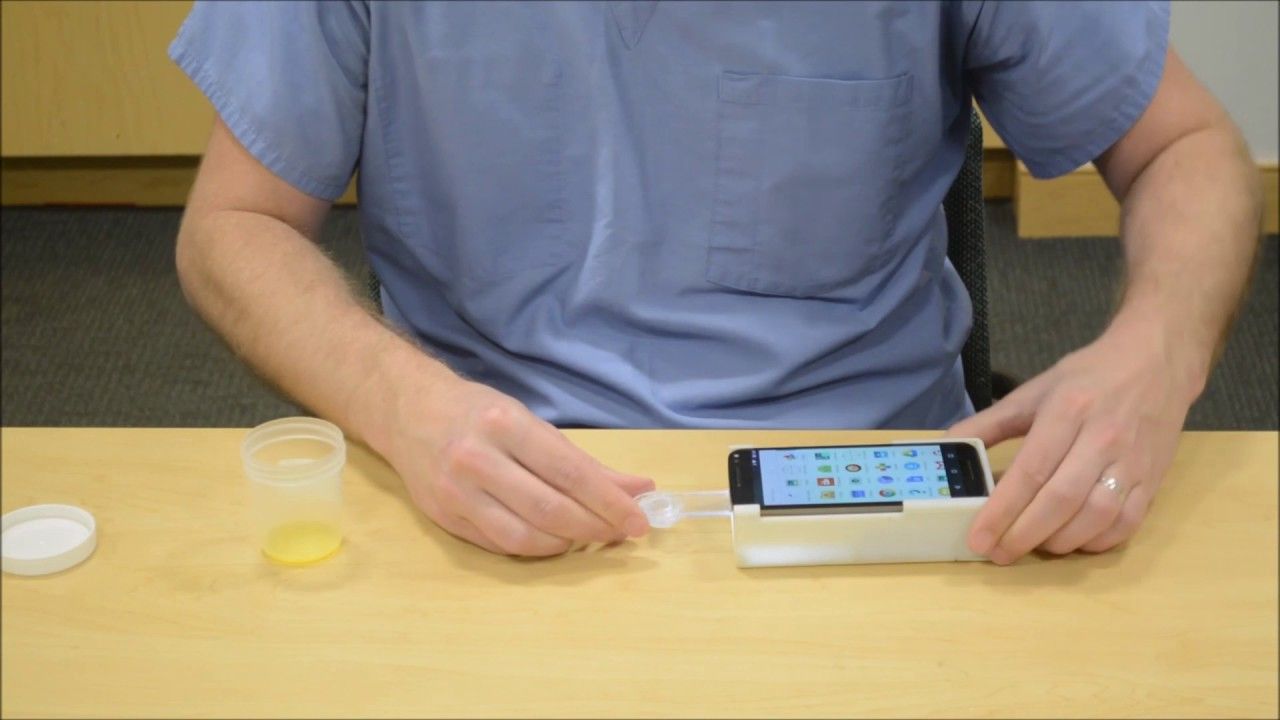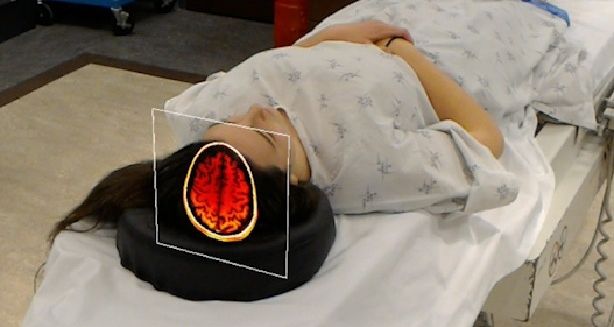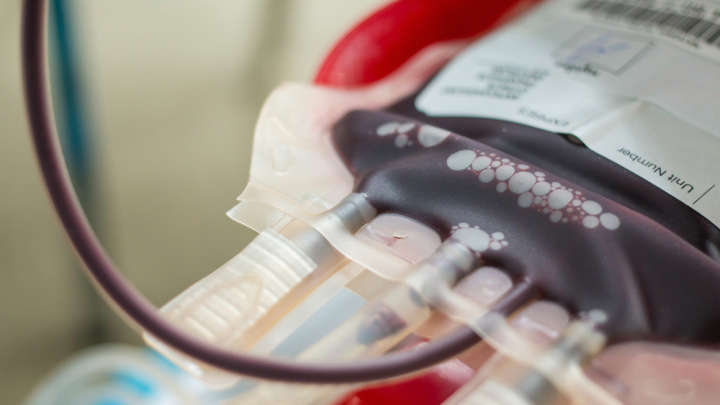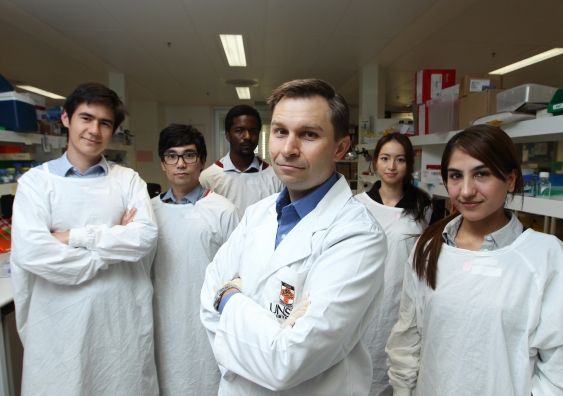Mar 27, 2017
3D printed pills: interview with FabRx at University College London
Posted by Klaus Baldauf in categories: 3D printing, biotech/medical
Are 3D printed pills the future? We visited a London laboratory to find out.
Established by academics from University College London (UCL) in 2014, FabRx is a company seeking commercialize 3D printed medicines and devices. On the principle that everyone is different, the vision of 3D printed pills it to be able to provide more personal and specific care to patients in need.
Dr. Alvaro Goyanes is one of the four founding partners of FabRx and the company’s director of development. Dr. Goyanes invited 3D Printing Industry into the lab at UCL’s School of Pharmacy to find out more about the ongoing FabRx research.
Continue reading “3D printed pills: interview with FabRx at University College London” »
